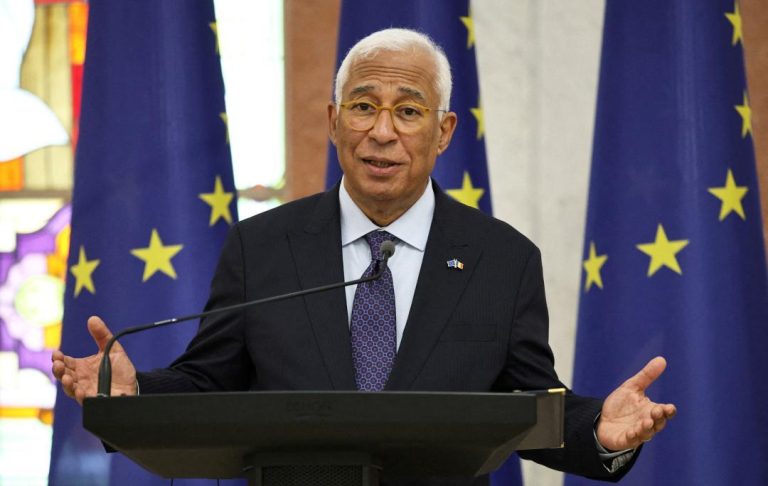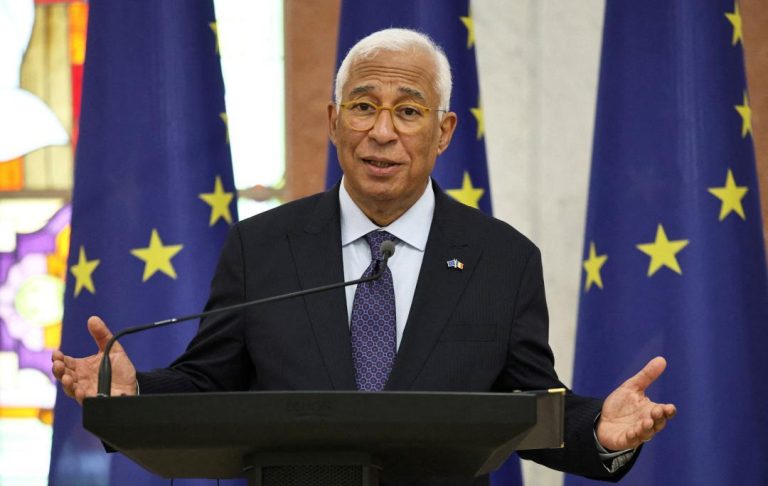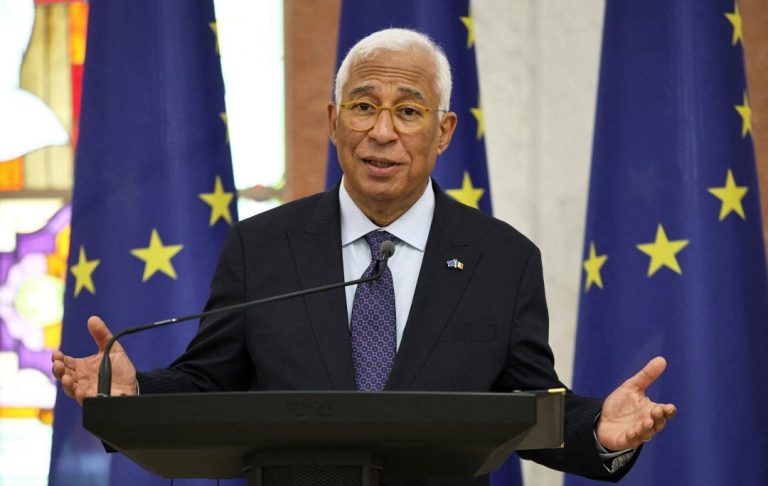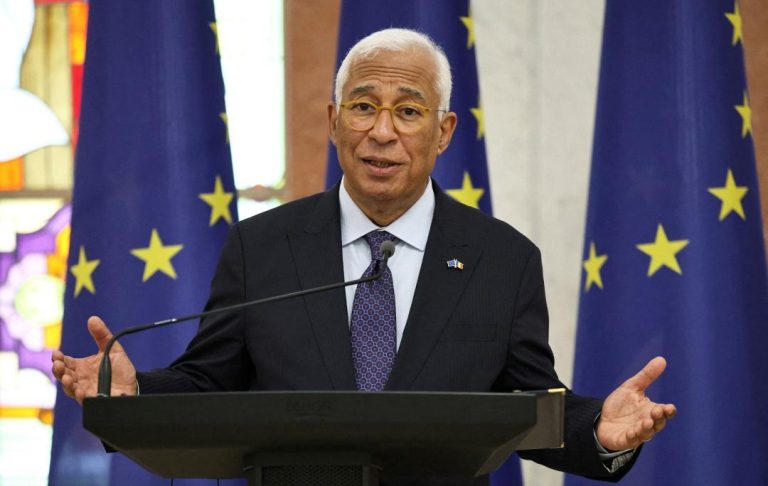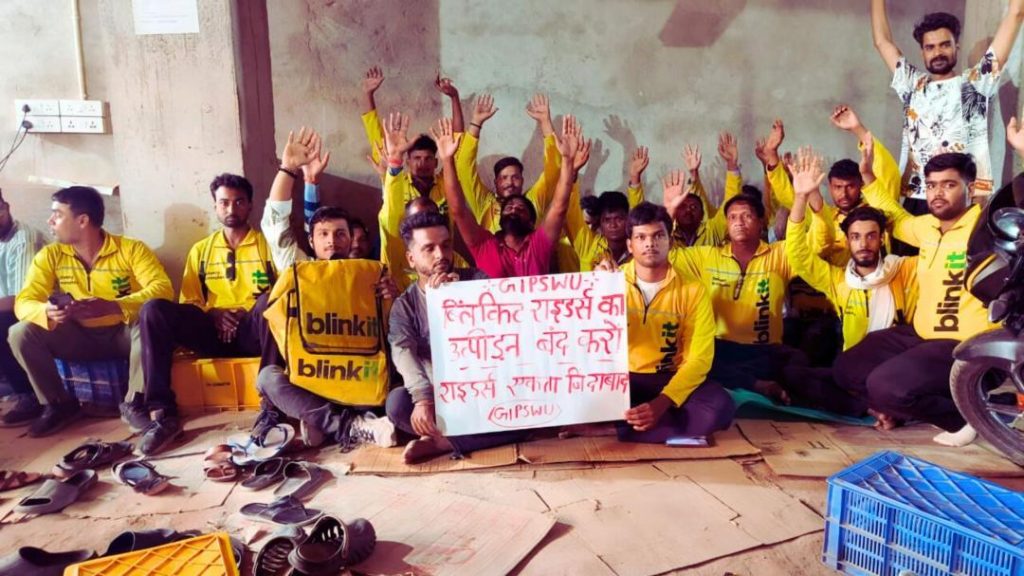
Title: Blinkit workers in Varanasi allege exploitation, push for reforms
In a recent development, workers at Blinkit, a popular delivery company, in Varanasi have come forward to protest against low wages and unsafe working conditions. The workers, who are part of the Gig and Platform Service Workers’ Union, claim that they have been subjected to exploitation and mistreatment by the company. The union has condemned Blinkit’s alleged threats of police action and demands for affidavits, and has planned to meet the Labour Minister on April 30 to resolve the issue.
The strike by Blinkit workers in Varanasi began after the company allegedly blocked the IDs of 150 workers who participated in a strike on April 20. The workers were protesting against the company’s failure to provide them with a decent wage, adequate working conditions, and a safe working environment. Despite the strike, the company has refused to budge, leading the workers to take to the streets to demand their rights.
The Gig and Platform Service Workers’ Union has condemned Blinkit’s actions, calling them “an attempt to intimidate and silence the workers.” The union has demanded that the company unblock the IDs of the 150 workers and provide them with a decent wage and safe working conditions.
The union has also planned to meet the Labour Minister on April 30 to discuss the issue and seek his intervention to resolve the matter. The union has requested the minister to take immediate action to protect the rights of the workers and ensure that the company complies with the labour laws.
The strike by Blinkit workers in Varanasi is not the first instance of workers protesting against exploitation by delivery companies. In recent years, there have been several instances of workers at delivery companies in India protesting against low wages, long working hours, and unsafe working conditions.
In 2020, workers at delivery companies such as Zomato, Swiggy, and Uber Eats protested against low wages and long working hours. The protests were sparked by the companies’ refusal to provide workers with a decent wage and adequate working conditions.
The issue of exploitation of workers at delivery companies is not unique to India. In many parts of the world, workers at delivery companies are subjected to exploitation and mistreatment. In the United States, for example, workers at delivery companies such as Amazon and Uber have protested against low wages and long working hours.
The issue of exploitation of workers at delivery companies highlights the need for greater regulation and oversight of the industry. The government and regulatory bodies have a responsibility to ensure that workers are protected and that companies comply with labour laws.
In conclusion, the strike by Blinkit workers in Varanasi is a stark reminder of the need for greater regulation and oversight of the delivery industry. The company’s alleged exploitation of workers is unacceptable and highlights the need for greater protections for workers. The labour ministry’s intervention is necessary to ensure that the company complies with the labour laws and that the rights of the workers are protected.
References:



